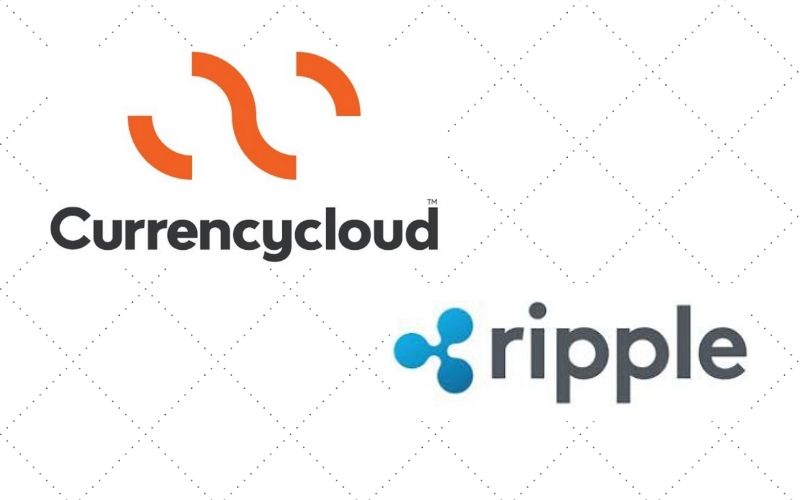Currencycloud, the leading provider of embedded B2B cross-border payments for platforms of the future, has today announced a partnership with Ripple, the US-based blockchain tech, to foster cross-border payments in the regions where Small and Medium-Sized Enterprises (SMEs) are underserved, using RippleNet.
The Ripple’s global payments network, RippleNet, makes it seamless for its network of banks and financial institutions across the world, to initiate faster and lower-cost payments to any part of the world.
The Major Purpose of the Partnership between Ripple and Currencycloud
Globalization is meant to open a wide opportunity for businesses of all sizes around the world, but the traditional banking system has not seized to favor large corporations over the Small and Medium-Sized Enterprises (SMEs).
Currencycloud strives to reform the way money flows across the world, especially during this coronavirus pandemic, when businesses confront a global crisis, which increases the need for an optimized means of moving funds seamlessly around the world.
According to the report, the collaboration with Ripple will enable Currencycloud to leverage new means of moving money effectively and efficiently around the world, especially where the Small and Medium-Sized Enterprises (SMEs) are limited by various regulations and restrictions.
This indicates that Currencycloud will focus majorly on geographical regions where small businesses are not well served, which will give its teeming users the means to process payments successfully, in order to enhance the capacity of SMEs in these important countries.
Reacting to this new partnership with Ripple, the CEO at Currencycloud, Mike Laven said:
“Currencycloud is all about bringing clarity, speed, and value to the traditionally opaque, costly and time-consuming issues associated with cross-border payments, particularly for SMEs that have historically been under-served by traditional banking. Ripple’s solution will help us to extend our network to new parts of the world, removing more barriers to payments for our clients.”
